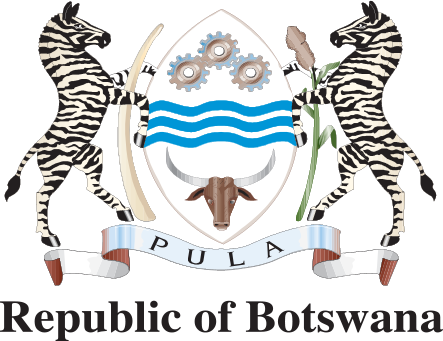Liquidation
- The liquidation of a company is the process by which a company is brought to an end, and the assets and property of the company are redistributed.
- Liquidation is also sometimes referred to as winding-up or dissolution, however dissolution technically refers to the last stage of liquidation.
- A liquidation generally occurs where the company is insolvent and the purpose of the liquidation is to collect its assets, determine the outstanding claims against the company, and satisfy those claims in the manner and order prescribed by law.
- Liquidation can either be voluntary or involuntary.
- Generally, a voluntary liquidation, which can be either a members' voluntary liquidation or a creditors' voluntary liquidation, is brought about by resolution of the company and is conducted by a qualified practitioner.
- An involuntary liquidation is brought about by an order of the court.
Judicial management
- Judicial management generally refers to situations where a company is unable to pay its debts but the Court finds that the inability is due to mismanagement or an event that can be overcome.
- Judicial management seeks to assist this type of company to overcome a temporary setback without going out of business. An order will be made by court placing the company under judicial management.
- A provisional judicial manager is appointed, to assume control until the final judicial manager can be appointed.
- Application for judicial management may be made by the company itself, a creditor or a member to the High Court. If the judicial manager cannot return the company to solvency, then he may recommend to the court that it is wound up.
Sequestrations
- Sequestration generally refers to a situation where an individual's liabilities exceed their assets and they are unable to pay their debts and therefore an application is made to the High Court for the sequestration of that individual.
- A provisional curator is then appointed to take over the individual's assets and salary if such individual is gainfully employed, until the appointment of a Curator. The appointed Curator seeks to manage the insolvent's assets and pay creditors and get the insolvent back on his feet if possible.
- The assets owned or funds generated by that company or individual are referred to as an estate. Liquidators, Judicial Managers and Curators are professionals who know the functions and procedures for administering these estates.
- Following the insolvent estate being placed under liquidation, judicial management or sequestration, the Master must as soon as possible appoint a provisional liquidator, judicial manager or curator and summon a meeting of creditors.
- Such meetings are held in the Master's office or in the Magistrates Courts before a Magistrate. Two such meetings, described as first and second creditors meetings are held at different times.
- All claims that Creditors may have against the Company must be submitted to the appointed professional well ahead of the date of the meeting as the claims will be proved at these meetings.
- Anyone owed by the insolvent estate is entitled to lodge a claim with the liquidator or judicial manager who has been appointed.
- These claimants could be companies which were doing business with the company under liquidation, the government for services rendered, parastatals, employees of the company, etc.
- Advertisements for companies under liquidation, judicial management or sequestration will be placed in the Botswana Government Gazette and in local newspapers notifying the public of the liquidation and inviting creditors to lodge claims.
- The creditor is required to request the appropriate forms from the Liquidator to lodge a claim.
- In order to submit a claim for amounts you are owed by a company in liquidation, the necessary documents (outlined below) must be filled and submitted with the liquidator in charge. The liquidator will assess claims for compliance with the Companies Act [Cap 42:01] and the Insolvency Act [Cap 42:02].
- It is advisable to seek professional legal advice before submitting a claim.
The necessary documents include:
- An affidavit confirming the nature and amount of your claim, the affidavit must be signed by an authorised representative of the company, or by the individual filing the claim or their authorised representatives.
- Any securities held and an explanation of how the amount arose.
- Proof of the claim (documentation such as receipts, vouchers, shipping orders, etc).
- A Claim Form obtained directly from the liquidator.
The final amount and timing of collection from the company will depend on the individual company.
- There are no direct costs associated with filing a claim against a company in liquidation.
- Individual legal fees may apply.
Kindly contact one of the offices listed below.
The Registrar and Master
High Court - Gaborone
Private Bag 00220
Gaborone
Botswana
Tel: (+267) 3718000 / (+267) 3971706
Fax: (+267) 3915119
The Deputy Registrar
High court of Botswana
Private Bag F13
Francistown
Tel: (+267) 2412125 / (+267) 2416378
Fax. (+267) 2416378
Opening hours are 07:30 to 12:45 and 13:45 to 16:30, Monday to Friday, except public holidays.
